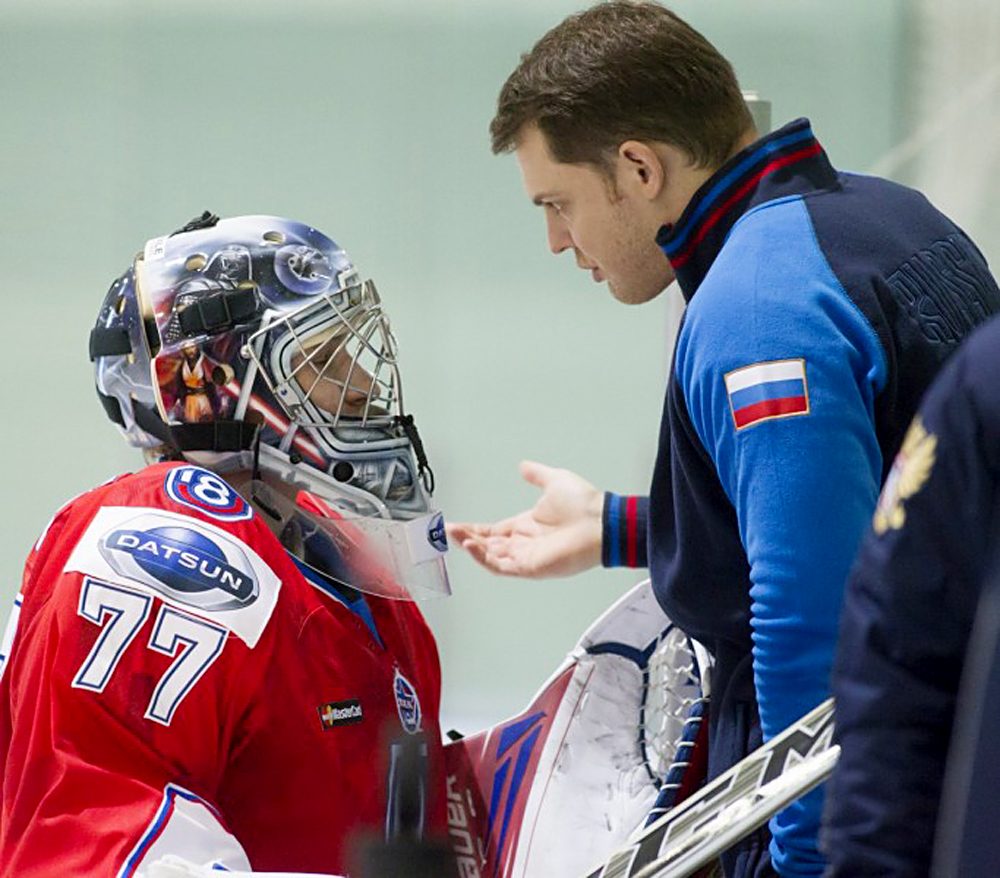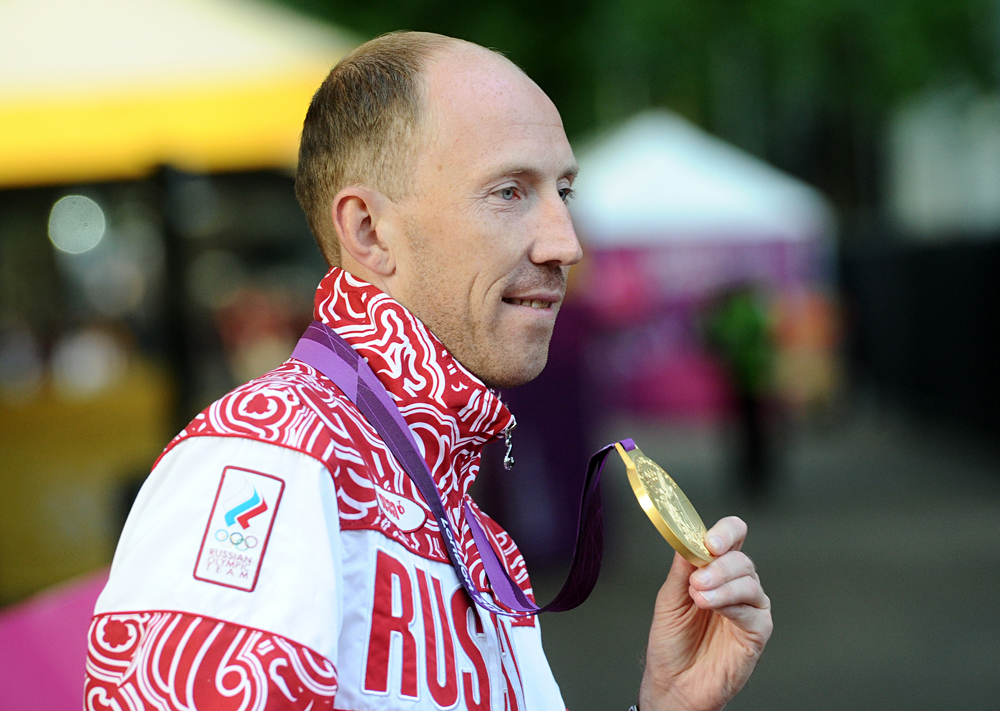Russia's U18 ice hockey team replaced after latest meldonium scandal

Russia’s under-18 ice hockey team tested positive for meldonium.
Press PhotoPlayers for Russia’s under-18 ice hockey team have become the latest Russian athletes to test positive for the banned substance meldonium, following scandals involving the country’s rugby players and sambo wrestlers in the last month.
Vitaly Prokhorov, head coach of Russia's U18 Junior National Team, told Russia's R-Sport news agency on 6 April that the team was to completely replace its line-up and coaching staff.
The news came just a week before the start of the world championship in Grand Forks, North Dakota on April 14 – which the team has spent the last year preparing for.
Citing an anonymous source, the Canadian sports website TSN said that the reason for replacing the team was a failed doping test; more than 15 players from Russia's junior national team allegedly tested positive for meldonium, which has been illegal since January 2016.
Russian officials have not disclosed the official reasons for the replacement. Sports Minister Vitaly Mutko said that line-up issues were the prerogative of the Russian Hockey Federation.
The federation’s president, legendary former CSKA and Soviet team goalkeeper Vladislav Tretyak, limited himself to stating that the lineup of the national team will be announced on April 7.
One of the leaders of the national team, German Rubtsov, failed to explain why it was decided to leave him and his team at home.
"We were not told anything," he said. "Of course, we are ready to go to the world championship, we were preparing throughout the entire season."
The Russian junior national team's official website deleted the data on the team's line-up and the team itself has canceled an "open day" scheduled for April 7 before leaving for the world championship in the U.S.
According to R-Sport, the under-17 hockey team, led by Sergei Golubovich, will travel to the world championship instead.
In this season, the under-18 team performed as an experiment in the Youth Hockey League championship, where it held a few dozen matches with rivals, some of whom had players as old as 21. As a result, the juniors even reached the playoffs by finishing second in the Western Conference.
Meanwhile, Boris Tarasov, the former head of the Medical Center of the Kontinental Hockey League (KHL), whose clubs' junior teams play in Russia's Junior Hockey League (MHL), told the news agency R-Sport that the percentage of positive doping tests among MHL players has reached 3 percent.
"Meldonium was not a banned substance during my work in the KHL, so you weren't disqualified for its use, and exact statistics of its use by hockey players simply do not exist," R-Sport quoted Tarasov as saying.
Who's to blame for the meldonium: Russia’s athletes, doctors or officials?
All rights reserved by Rossiyskaya Gazeta.
Subscribe
to our newsletter!
Get the week's best stories straight to your inbox
